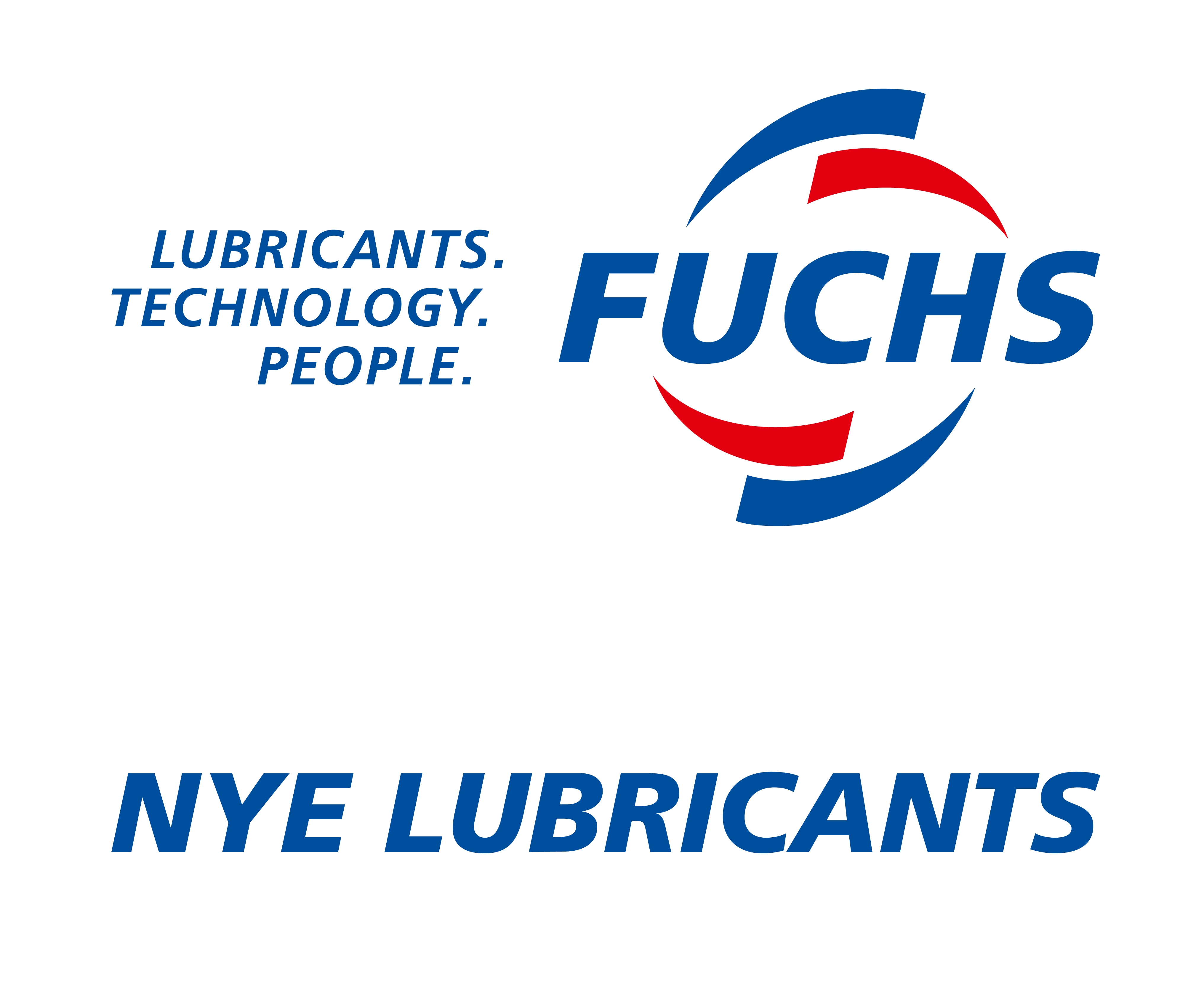Lubricant Testing 101 - Evaporation
Nye Lubricants performs a variety of tests in-house on our lubricants. A full complement of laboratory equipment enables us to complete qualification testing to ensure the design and performance requirements of your application are met.
The featured test in this video is the evaporation test, also known as CTM 1 for grease and CTM 2 for oil. An evaporation test indicates a functionality of grease at high temperatures. The test will determine the mass loss of a grease over a period of time. This test is one of Nye’s 4 required tests performed on all lubricants at Nye by the Quality Release Team prior to shipping to the customer.
The test begins with a technician weighing an empty petri dish for testing a grease or a Berzelius beaker for an oil. This number is recorded. Then, the technician will smooth a 25-gram sample of grease into the petri dish, or a 50-milliliter sample of oil is poured into a 100 milliliter Berzelius beaker. The dish or beaker is weighed again and the number is recorded. The technician places the lubricant sample into the convection oven for a defined period of time. The temperature is usually set at 100◦C, plus or minus 1◦C for 24 hours plus or minus 5 minutes. Both the time and temperature conditions can be adjusted according to the product application.
After 24 hours, the sample is removed from the oven and tested to examine the mass loss from the sample. The technician weighs the dish or beaker and records the number. The results of this test are calculated as a percent by subtracting the weight of the petri dish or beaker after the test, from the weight of the dish or beaker before the test. This number is divided by the original starting weight of the lubricant and multiplied by 100 to report a percent mass loss. The maximum limit allowed for oil evaporation is determined by the customer application specifications.
Monitoring evaporation loss is important in applications where high temperatures occur. When a significant amount of oil evaporates from a grease or oil, the grease can stiffen or the oil viscosity can change, thus altering the properties of the lubricant. Evaporation tests will ensure that the mass loss of a grease or oil is in line with the product application’s specifications.



